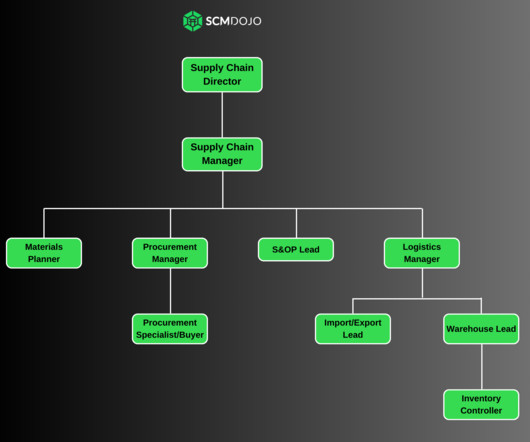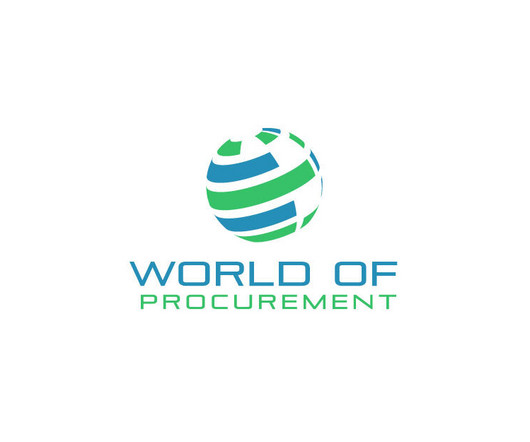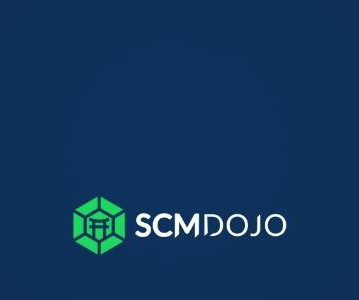Supply Chain Forecasting — Everything You Should Know
Procurement Tactics
MARCH 27, 2023
18 Must-Have Negotiation Skills For Procurement Professionals Download Course Details → Or receive our famous weekly newsletter Supply Chain Forecasting — Everything You Should Know Supply chain forecasting is about making predictions from both past and present information. What is Supply Chain Forecasting?












Let's personalize your content